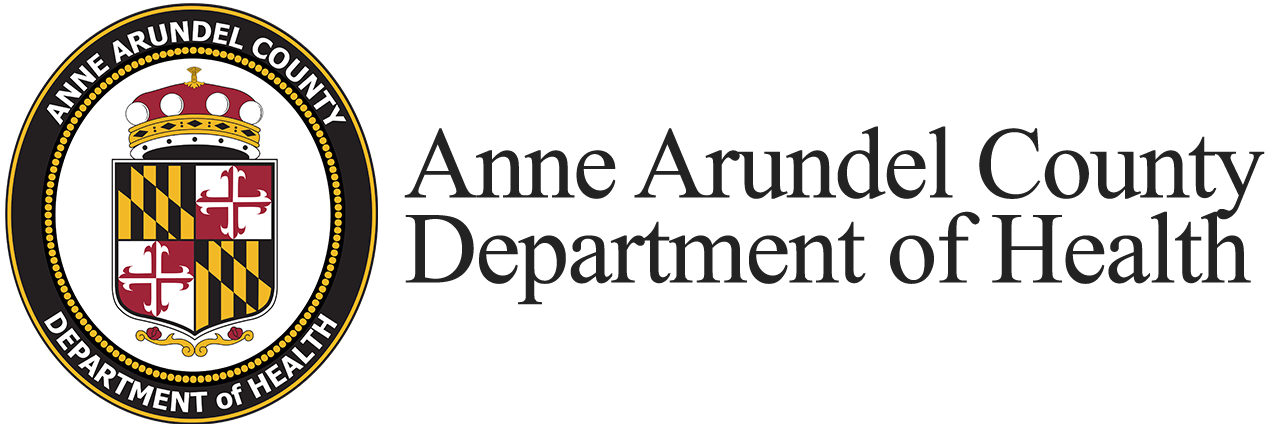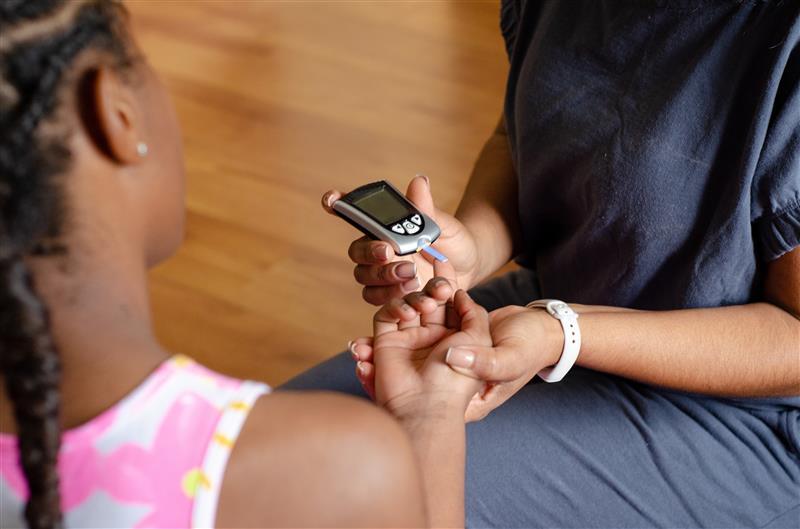What is Diabetes?
Diabetes is a disease in which there is too much sugar in the blood. Your body uses a hormone called insulin to help control your blood sugar. There are two types of diabetes. Type 1 diabetes typically occurs earlier in life, as a child or young adult, and is due to not having enough insulin in your body to control your blood sugars. Type 2 diabetes is the more common cause of diabetes, can happen at any age, and is due to your body not being able to use insulin properly to control your blood sugars.
What Health Problems Does Diabetes Cause?
We care about diabetes because high blood sugars, over many years, cause damage throughout the body. Diabetes can cause:
- Heart disease
- High blood pressure
- Stroke
- Kidney disease
- Eye damage
- Infections
- Foot problems
- Nerve damage
How Do You Know if You’re at Risk for Diabetes?
If you’re overweight or physically active less than 3 times a week, you’re at higher risk for Type 2 diabetes. A family history of diabetes or being older than 45 are also risk factors. Prediabetes is a risk factor for diabetes and it’s when your blood sugar is higher than normal but not high enough to damage your body.
What Can You Do to Prevent Diabetes?
If you have prediabetes or are at risk for diabetes, there are many things you can do to take better care of yourself to reduce the risk of developing type 2 diabetes:
- Reduce sugar in your diet
- Exercise regularly and stay active
- Lose weight if you’re overweight
- Eat more fiber
- If you smoke, stop.
How Can I Manage My Diabetes?
- Manage your A1C blood glucose, blood pressure, and cholesterol levels.
Ask your doctor what your goals should be, and stay informed about your A1C level. - Take care of your mental health.
A mental health counselor may help you find healthy ways to cope with stress. - Make lifestyle changes to slowly build healthy habits.
Take small steps to eat healthier, be more physically active, and get enough sleep. - Take your medicines on time, even if you feel healthy.
Talk to your doctor or pharmacist for help if you have trouble managing your medicines. - Work closely with your primary care provider.
They can help you manage your diabetes and refer you to other health care professionals for related health problems.
Preventing Diabetes Health Problems Fact Sheet: English | Español

